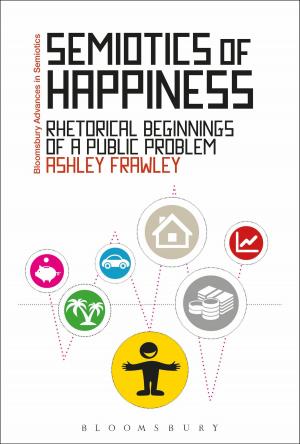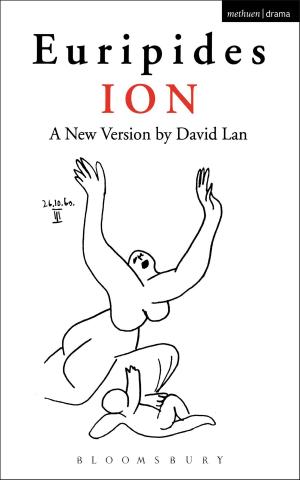A Theory of Minimalism
Nonfiction, Art & Architecture, General Art, Entertainment, Music, Social & Cultural Studies, Social Science| Author: | Marc Botha | ISBN: | 9781472526540 |
| Publisher: | Bloomsbury Publishing | Publication: | October 19, 2017 |
| Imprint: | Bloomsbury Academic | Language: | English |
| Author: | Marc Botha |
| ISBN: | 9781472526540 |
| Publisher: | Bloomsbury Publishing |
| Publication: | October 19, 2017 |
| Imprint: | Bloomsbury Academic |
| Language: | English |
The explosion of minimalism into the worlds of visual arts, music and literature in the mid-to-late twentieth century presents one of the most radical and decisive revolutions in aesthetic history. Detested by some, embraced by others, minimalism's influence was immediate, pervasive and lasting, significantly changing the way we hear music, see art and read literature.
In The Theory of Minimalism, Marc Botha offers the first general theory of minimalism, equally applicable to literature, the visual arts and music. He argues that minimalism establishes an aesthetic paradigm for rethinking realism in genuinely radical terms. In dialogue with thinkers from both the analytic and continental traditions – including Kant, Danto, Agamben, Badiou and Meillassoux – Botha develops a constellation of concepts which together encapsulate the transhistorcial and transdisciplinary reach of minimalism.
Illustrated by a range of historical, canonical and contemporary minimalist works of different media, from the caves of early Christian ascetics to Samuel Beckett's late prose, Botha offers a bold and provocative argument which will equip readers with the tools to engage critically with past, present and future minimalism, and to recognize how, in a culture caught between the poles of excess and austerity, minimalism still matters.
The explosion of minimalism into the worlds of visual arts, music and literature in the mid-to-late twentieth century presents one of the most radical and decisive revolutions in aesthetic history. Detested by some, embraced by others, minimalism's influence was immediate, pervasive and lasting, significantly changing the way we hear music, see art and read literature.
In The Theory of Minimalism, Marc Botha offers the first general theory of minimalism, equally applicable to literature, the visual arts and music. He argues that minimalism establishes an aesthetic paradigm for rethinking realism in genuinely radical terms. In dialogue with thinkers from both the analytic and continental traditions – including Kant, Danto, Agamben, Badiou and Meillassoux – Botha develops a constellation of concepts which together encapsulate the transhistorcial and transdisciplinary reach of minimalism.
Illustrated by a range of historical, canonical and contemporary minimalist works of different media, from the caves of early Christian ascetics to Samuel Beckett's late prose, Botha offers a bold and provocative argument which will equip readers with the tools to engage critically with past, present and future minimalism, and to recognize how, in a culture caught between the poles of excess and austerity, minimalism still matters.















